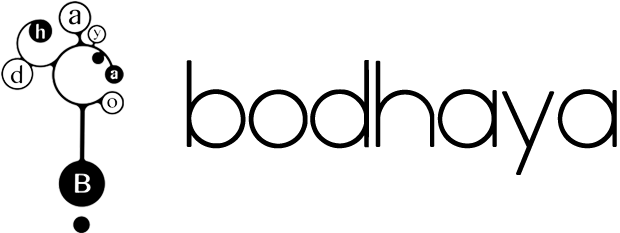
Taking Care of Your Eyes: Nutrients and Common Conditions
Our eyes are an incredible gift!
It is said that our eyes are the windows to the soul. Not only do they allow us to see the world around us, but they also have a unique way of reflecting our overall health and well-being. Our eyes can provide insights into what's happening emotionally, mentally, and physically within us.
The health of our eyes is intricately connected to our overall well-being. They can reveal signs of underlying conditions, nutritional deficiencies, and even emotional imbalances. By paying attention to our eyes and taking care of them, we can gain a deeper understanding of our holistic health.
In this blog post, we are going to explore the importance of nutrients for eye health and discuss common eye conditions that can affect our vision. However, like any other part of our body, they require proper care and attention. In this blog post, we are going to explore the importance of nutrients for maintaining healthy eyes and discuss some common eye conditions and their potential causes.
Dark circles or bags under the eyes:
One common concern many people face is the presence of dark circles or bags under their eyes. While lack of sleep can contribute to this issue, other factors such as allergies, food intolerances, and dehydration can also play a role. It is essential to address these underlying causes and make necessary lifestyle adjustments to improve the appearance of the under-eye area.
Poor night vision:
Having trouble seeing clearly in low-light conditions can be attributed to various factors. One nutrient that plays a crucial role in maintaining good night vision is Vitamin A. Including foods rich in Vitamin A, such as carrots, sweet potatoes, and leafy greens, in your diet can help enhance your ability to see in the dark.
Ruptured blood vessels in the eyes:
Sometimes, you may notice tiny red spots or ruptured blood vessels in the whites of your eyes. This condition can be caused by several factors, and Vitamin C deficiency is one of them. Ensuring an adequate intake of Vitamin C through fruits like oranges, strawberries, and kiwis, as well as vegetables like bell peppers, can help strengthen the blood vessels in your eyes.
Nearsightedness:
Nearsightedness, or myopia, is a common condition where distant objects appear blurry. While genetics can play a role, certain nutrients have been associated with maintaining good eye health. Vitamin D and Zinc are two essential nutrients that can support eye health and potentially reduce the risk of myopia. Including sources of Vitamin D like fatty fish, fortified dairy products, and spending time in sunlight can be beneficial. Zinc-rich foods include oysters, beef, and pumpkin seeds.
Pale lower eyelid:
If you notice a pale appearance of the lower eyelid, it may indicate a deficiency in iron. Iron is essential for the production of hemoglobin, which carries oxygen to the tissues, including the eyes. Including iron-rich foods like lean meats, beans, spinach, and fortified cereals can help improve the color and overall health of the lower eyelid.
Our eyes are precious, and taking care of them should be a priority. Ensuring a well-balanced diet that includes essential nutrients like Vitamin A, Vitamin C, Vitamin D, Zinc, and Iron can contribute to maintaining good eye health. Additionally, addressing common eye conditions by identifying and addressing their underlying causes is crucial for optimal eye wellness. Remember, regular eye check-ups and proper eye care habits are also essential in preserving your vision for years to come.
Interesting in delving deeper into understanding your overall health and well-being? we encourage you to consider an Iridology session with Celia. Iridology is a fascinating practice that involves analyzing the patterns, colors, and structures of the iris to gain insights into one's constitution, generational and lineage inheritance, and more. It can provide valuable information about your health and guide you towards making informed decisions for your well-being.
By consulting with Celia, a trained and experienced Iridologist, you can discover personalized information about your health that goes beyond the surface. Whether you're curious about potential underlying imbalances or simply seeking a holistic approach to wellness, and Iridology session can offer valuable insights.
Understanding your body and its unique needs is the first step towards taking control of your health. Reach out to Celia today to schedule an Iridology session and embark on a journey of self-discovery and improved well-being,
Stay tuned for more informative content on maintaining overall well-being !


0 comments